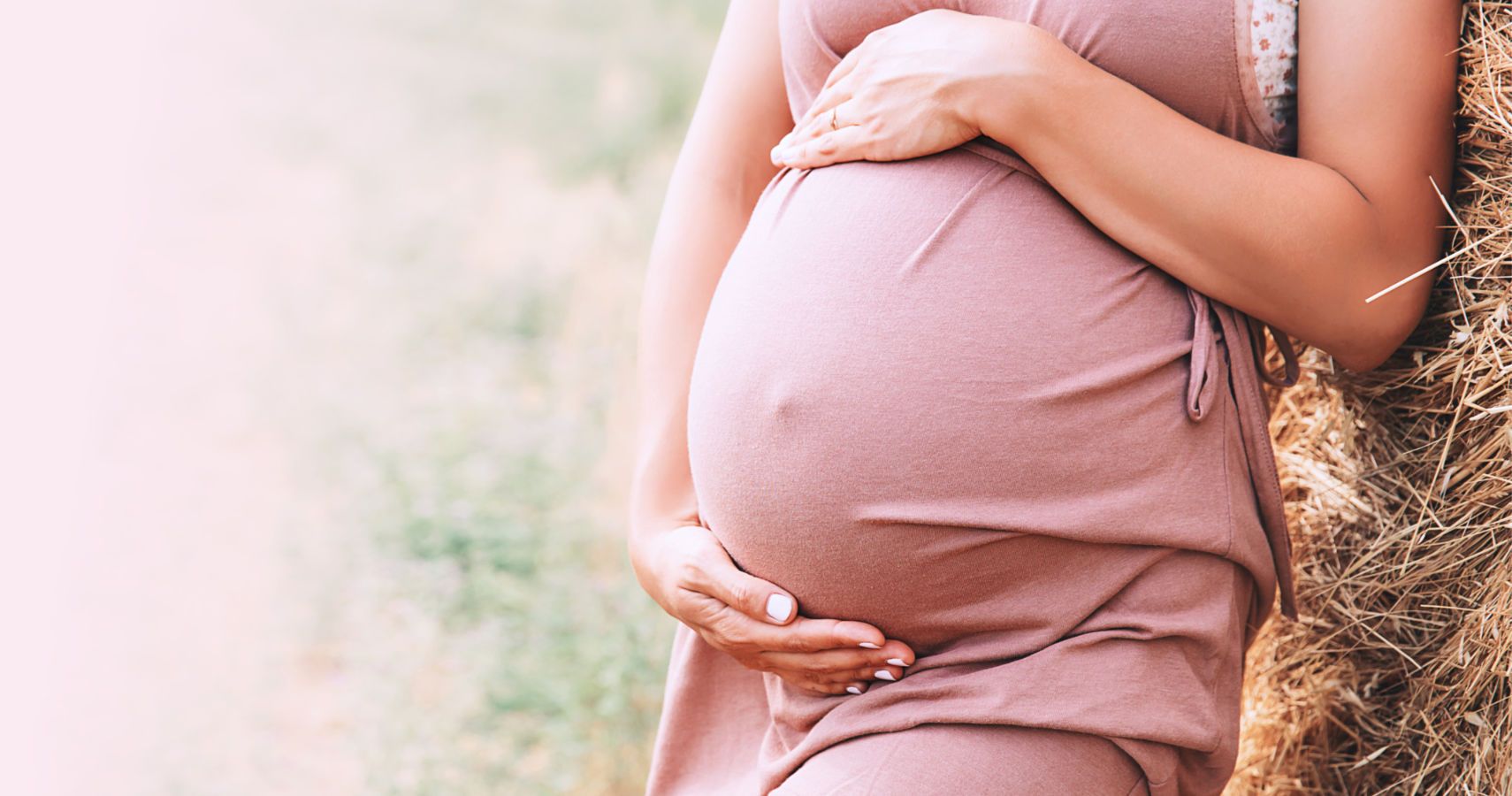Even if you weren't the pregnant woman who strictly operated by the book in regards to every minute thing science suggests we shouldn't have or do during the prenatal period, in general most of us do our best to protect our little ones from the very start. Whether that means eliminating certain foods that have become a cause for concern, putting activities on hold that may put too much stress on the body, or avoiding being anywhere near second-hand smoke, you were likely on guard in some way, shape, or form during your pregnancy. Now it turns out that despite our best efforts to be healthy, our babies may be more affected by air pollution than we originally thought.
A study out of Queen Mary University in London says a research team has reason to believe they've found evidence of air pollution actually traveling through a woman's lungs and into the placenta, meaning those baddies could be reaching the fetus.
Even if these air pollution particles cannot crossover into the fetus, study author Dr. Norrice Liu says that doesn't have to happen in order for them to have a negative effect on a baby's body. Essentially if it impacts the placenta, it impacts the fetus.
PREVIOUSLY: Too Much Sugar During Pregnancy Can Hurt Your Child’s Brain Function
Unless you want to become the boy (or, rather, woman) in the bubble, there's really no easy way to avoid polluted air. Instead, researchers hope that their findings will encourage lawmakers to create stricter policies to promote cleaner air. This would, of course, not only benefit pregnant women and the babies they are carrying, but society as a whole. If you've ever dealt with a respiratory illness, you know the value of fresh, clean air.
Last year UNICEF published a report that stated nearly 17 million babies (these are children under the age of a year old) live in locales where pollution is six times higher than international limits. That's a pretty disturbing figure in two ways -- knowing that many small children are subject to sub-par air quality and that the air is that polluted.
Though the research into how air pollution affects unborn babies is still in its initial stages, CNN reports that scientists are most interested in learning the connection between this exposure with infant mortality, premature birth, and low birth weight.
READ NEXT: How Changes In The Moon Affects Pregnancy & Labor, Explained

